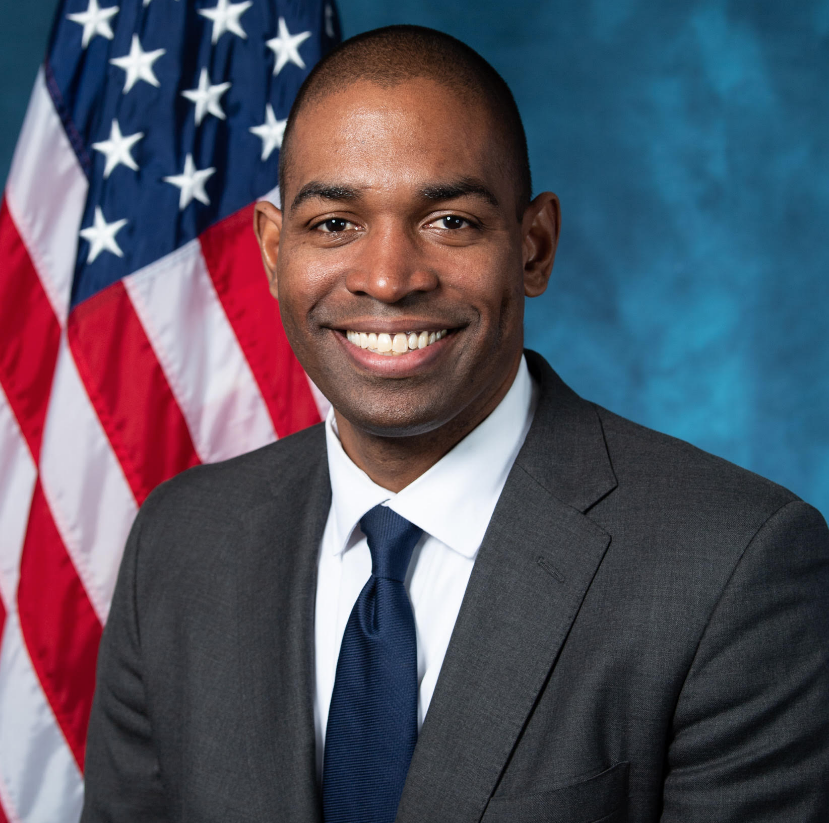
A master”™s degree in business administration has acquired a dual role as potential lifeline for the traditional undergraduate student and point of backup for the busy working professional.
And, administrators are acknowledging the need to keep theoretically rooted feet planted firmly on the ground where curricula is concerned.
Norman Solomon, dean of the Charles F. Dolan School of Business at Fairfield University, said the 15 percent-plus increase in registration for four business school graduate programs this year was the highest upswing the school has seen in about 10 years.
In the university”™s four graduate business programs, Solomon has seen academic interest stemming from several key areas.
“There are people who may have gotten laid off and who have gotten some settlement from their firm and rather than re-enter the job market immediately, have decided to increase their human capital,” Solomon said. “There are also working professionals who want to increase their human capital while still working and their employer may pay part of their tuition.”
Â
In that instance, “they have a degree to fall back on in case something bad happens.”
Continuing one”™s professional education remains as valuable as ever, another dean says.
At Pace University”™s Lubin School of Business in White Plains, N.Y., and New York City, newly appointed Dean Neil Braun, former president of NBC Television Network and CEO of Viacom Entertainment, has “read about the declining importance of the M.B.A. and education and I say, ”˜What planet are you on?”™
“I think having really strong fundamentals is very important today,” Braun said. “Enterprises today do not have the wherewithal to train people or they have a lot less patience to do so. If you don”™t come with the skill sets to add value your first year, they don”™t want to waste time training you.”
The economic downturn coupled with the volume of skilled workers frequenting job fairs and unemployment lines has culminated into higher expectations in the workplace.
The M.B.A. program has adapted.
“We try, and I think this is true among good M.B.A. programs, to keep it dynamic and continuously improve our courses,” Solomon said. “This year, we”™ve added a couple of classes in traditional and social entrepreneurship. But we also offer co-curricular activities like how to make effective presentations or business etiquette.”
Braun said Pace is willing to give “credit for real world experience,” for what is learned outside of the classroom.
“We do talk to specific employers about what kind of training they”™re giving and we”™re willing to give waivers to certain tests,” he said. “But the fundamental skill sets are as important as ever. If you”™re, for instance, going to study finance and be in finance, there are a lot of fundamental processes and quantitative skills you have to learn. But now, it”™s necessary to put a lens on the disciplines that are relative to where the world is going, like how do interactive and mobile media affect business.”
It”™s not debatable, Braun said.
It”™s vital to analyze words like “sustainable,” he said and ask, “How do we take those words and apply them for students so they have the context with the eye to those things that are developing in the world?”
Solomon said that Fairfield University has attempted to make the M.B.A. curriculum program as relevant to the real world as possible to give students a competitive upper hand.
“Most of our courses have a variety of teaching methods,” he said. “We use course simulations to mimic a natural business experience and a state-of-the-art business trading room to simulate what”™s going on in the real financial markets. At the same time the faculty is teaching theory, they”™re teaching students how to apply that theory.”



















